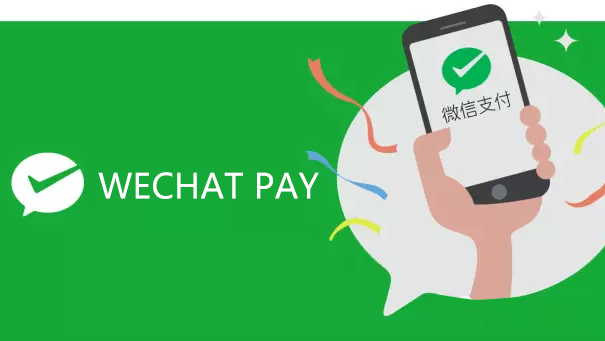

This cookie is installed by Google Analytics. The cookies store information anonymously and assigns a randomly generated number to identify unique visitors. The cookie is used to calculate visitor, session, campaign data and keep track of site usage for the site's analytics report. These cookies can only be read from the domain that it is set on so it will not track any data while browsing through another sites. This cookie is used to track how many times users see a particular advert which helps in measuring the success of the campaign and calculate the revenue generated by the campaign. This cookie is set by Google and stored under the name. The cookies collect this data and report it anonymously. It helps us understand the number of visitors, where the visitors are coming from, and the pages they navigate. Citing concerns about the addictive power of social media and WeChat’s failure to protect users’ privacy, some have argued (in Chinese) that “WeChat for kids” is a publicity stunt, given that it’s an optional feature rather than a strict ban on underage users.Īnalytics cookies help us understand how our visitors interact with the website. While most reactions to the new feature were positive, some critics raised questions about whether tech companies should blatantly target children as users. But the increase in social media use among minors has also prompted widespread calls for internet companies to ensure that minors have a safe online experience. During the COVID-19 pandemic, with children out of school and online learning adopted by many schools, many Chinese parents softened their limits on their kids’ access to technology, especially messaging services like WeChat. Students need it to receive feedback from teachers on their assignments, and parents use it to keep abreast of children’s school performance and communicate with teachers. In China, WeChat has long been a common tool in education. One exception, though, is Weibo, Sina’s microblogging platform, which set its age limit at 14 in 2018. Child Online Privacy Protection Act, the majority of Chinese social media services don’t have minimum age restrictions on users. Unlike American apps such as Facebook Messenger and Instagram, which prohibit users under 13 in compliance with the U.S. WeChat has more than 1 billion users in China, and many of them are children and teenagers. In its second-quarter financial report, the firm announced developments of child-focused features with the goal of creating a safe and healthy digital environment for underage users of WeChat and other online services it offers. Once a parent turns on the mode, the app functions like a stripped-down version of WeChat with additional parental controls.Īccording to Yicai, a China-based news outlet focused on business and finance, Tencent had applied to trademark the kids-friendly version of WeChat back in August. To activate the mode, a minor needs to have an active account and the regular version of WeChat installed on their phone.


 0 kommentar(er)
0 kommentar(er)
